When 27-year-old Dion Cavin arrives at the hospital bedside of a person who has been shot, stabbed, or seriously wounded, he knows he’s got a small window to connect with the victim and break the cycle of community violence.
“I go within a day of surgery, and if the victim is unable to speak, I might be talking to a parent, a wife, or a grandmother,” said Cavin, an intervention specialist with the Sacramento Violence Intervention Program, which has received community health grants from Kaiser Permanente since 2010. “I try to make them feel comfortable so they can be vulnerable. I ask them, ‘Where’s your head space at right now?’”
Cavin said his mission in talking to victims of violence who are treated at the Kaiser Permanente South Sacramento Medical Center and one other area hospital is not to lecture or warn that next time they might not survive. Rather, he offers free wraparound counseling, social, and medical services that program leaders say are key in breaking the cycle of violence on the streets.
“The truth is, a lot of our clients are just in the wrong place at the wrong time, and a lot of our victims are cases of mistaken identity,” said Cavin. “That said, most people are grateful for the help we offer and want to make a life change right then and there.”
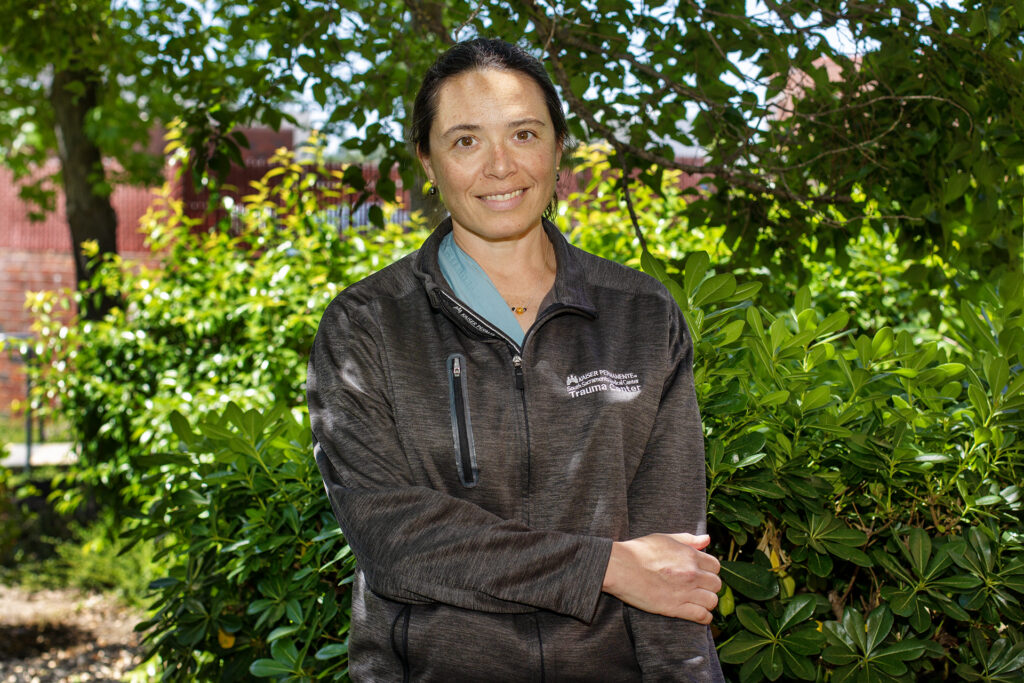
The intervention program offers a variety of services for 6 to 12 months, including rides to doctor’s appointments, help navigating health care, psychological counseling, referrals to parenting groups, and help applying for state money for victims of violent crime.
The organization served 150 victims last year, nearly double the previous year’s number due to rising crime rates.
Kaiser Permanente has supported the Sacramento Violence Intervention Program, part of WellSpace Health, for 13 years with about $11 million in grants.
“We know timing is critical right after someone becomes a victim of violence,” said Susan Little, program manager. “That’s when they are open to new information and before they start having recurring thoughts that could include retaliation.”
Program nearly eliminates reinjury
The work over the last 13 years has resulted in a less than 1% re-injury rate, said Maya Leggett, MD, a Kaiser Permanente South Sacramento Medical Center trauma surgeon who started the program at the medical center and who operates on gunshot victims and victims of all kinds of violence.
“Lowering the rate of re-injury was the idea of the program from the get-go,” said Dr. Leggett. “If you’ve been hospitalized after being shot or stabbed a first time, and it happens again, your rate of death goes up to 30%. I want these people not just to survive, but to live and to have the tools for success that they might not have had before.”
Over the past 5 years, Kaiser Permanente has made grants of over $2.4 million to organizations working to end retaliatory and cyclical gun violence in Northern California, including to Advance Peace, California Partnership for Safe Communities, Youth ALIVE!, Hope and Heal Fund, and Movement 4Life.
“Gun violence is ubiquitous in the United States, but it’s preventable,” said Yvette Radford, Kaiser Permanente Northern California vice president for External and Community Affairs. “The organizations we support use evidence-based models to decrease trauma and death plaguing too many of our communities.”
The trauma-informed care approach of the program that Dr. Leggett helped start, in which hospital clinicians approach victims of violence without personal bias in order to provide better, more empathetic care, has not only helped the victims, but has had an unintended yet positive effect on the medical providers themselves.
“Learning to understand the humanitarian component of caring for these victims has really changed how people in the trauma department see the patients who come in,” said Dr. Leggett. “We’ve all gained better understanding of and empathy for the victims of violence who we see here.”
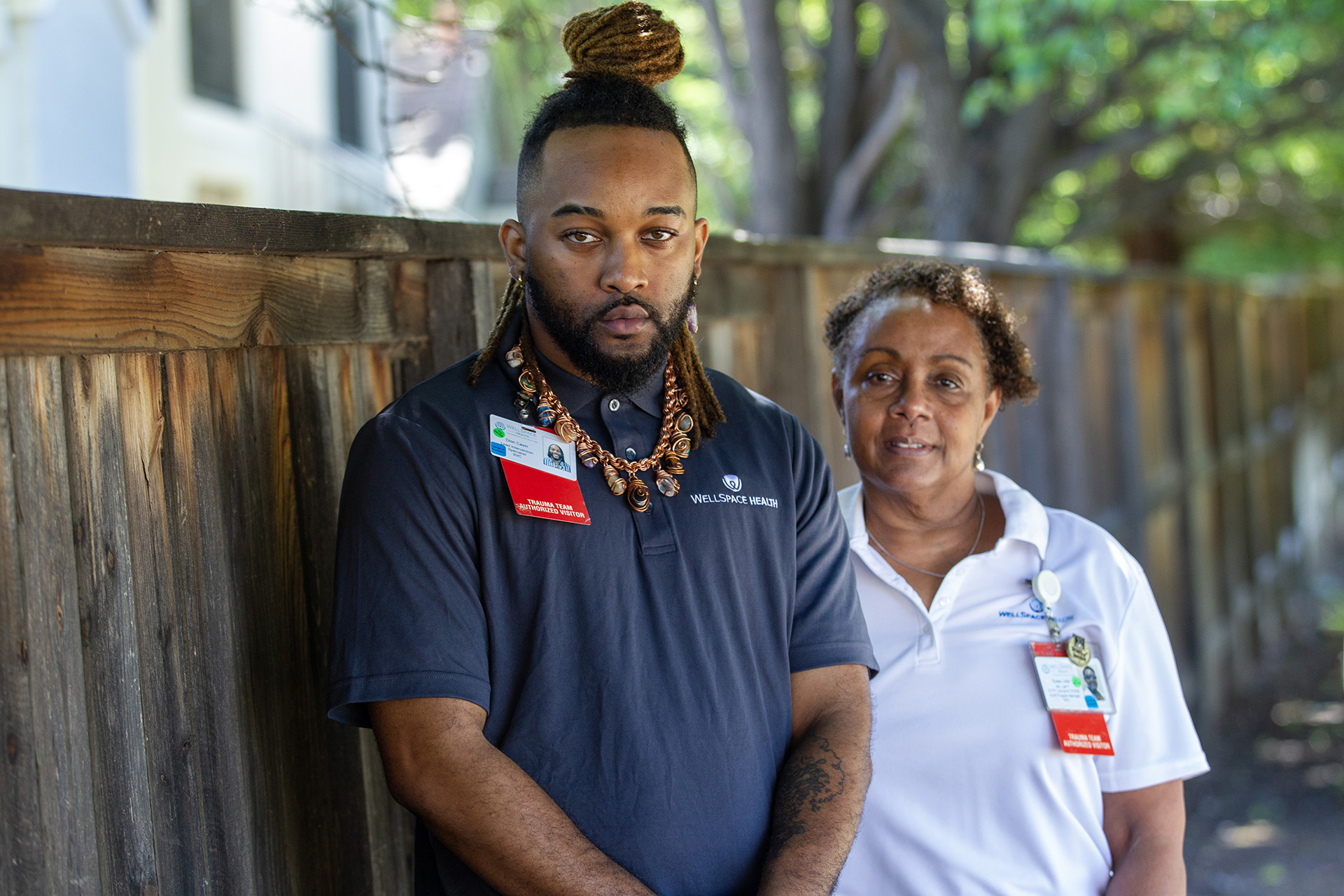
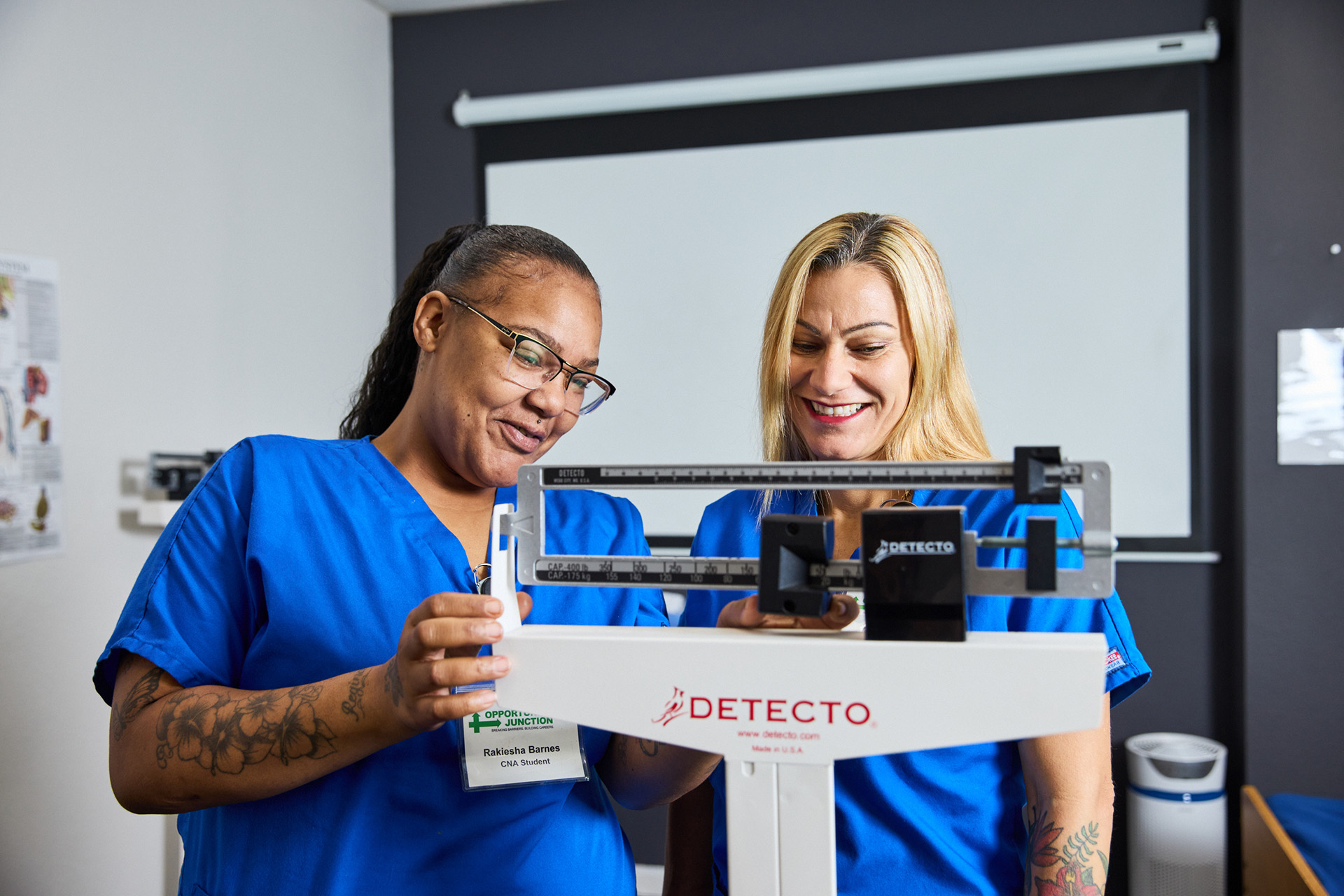
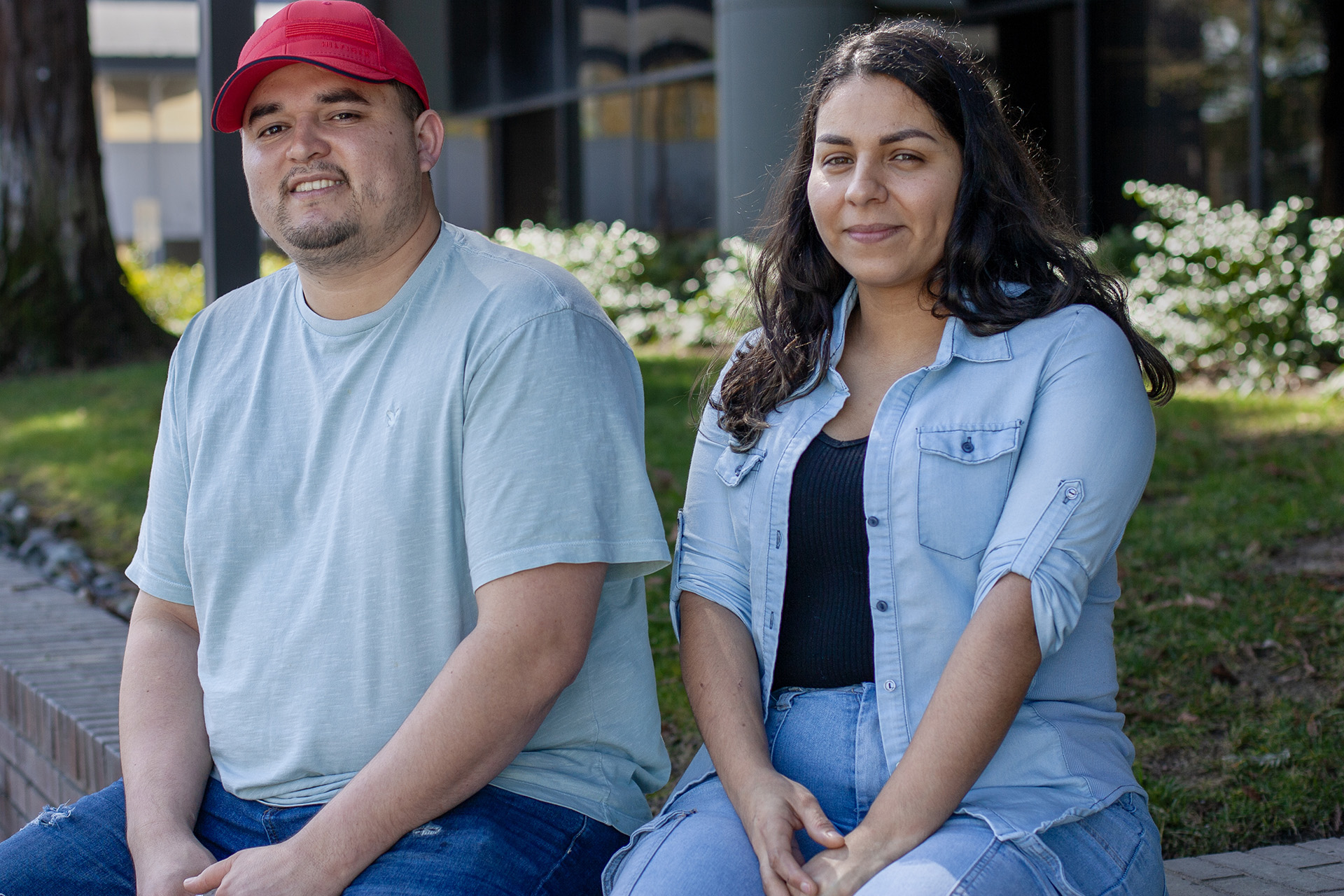
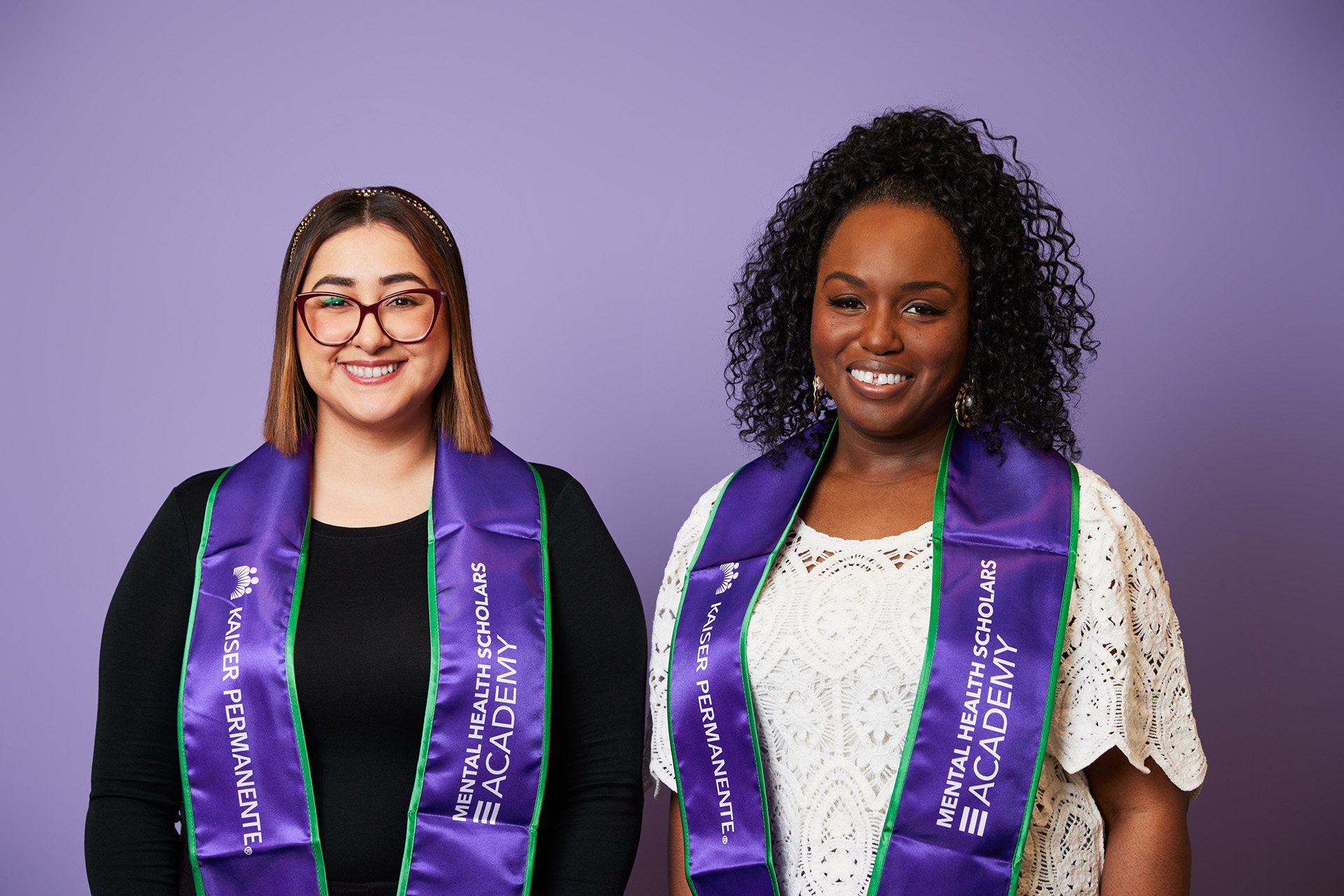
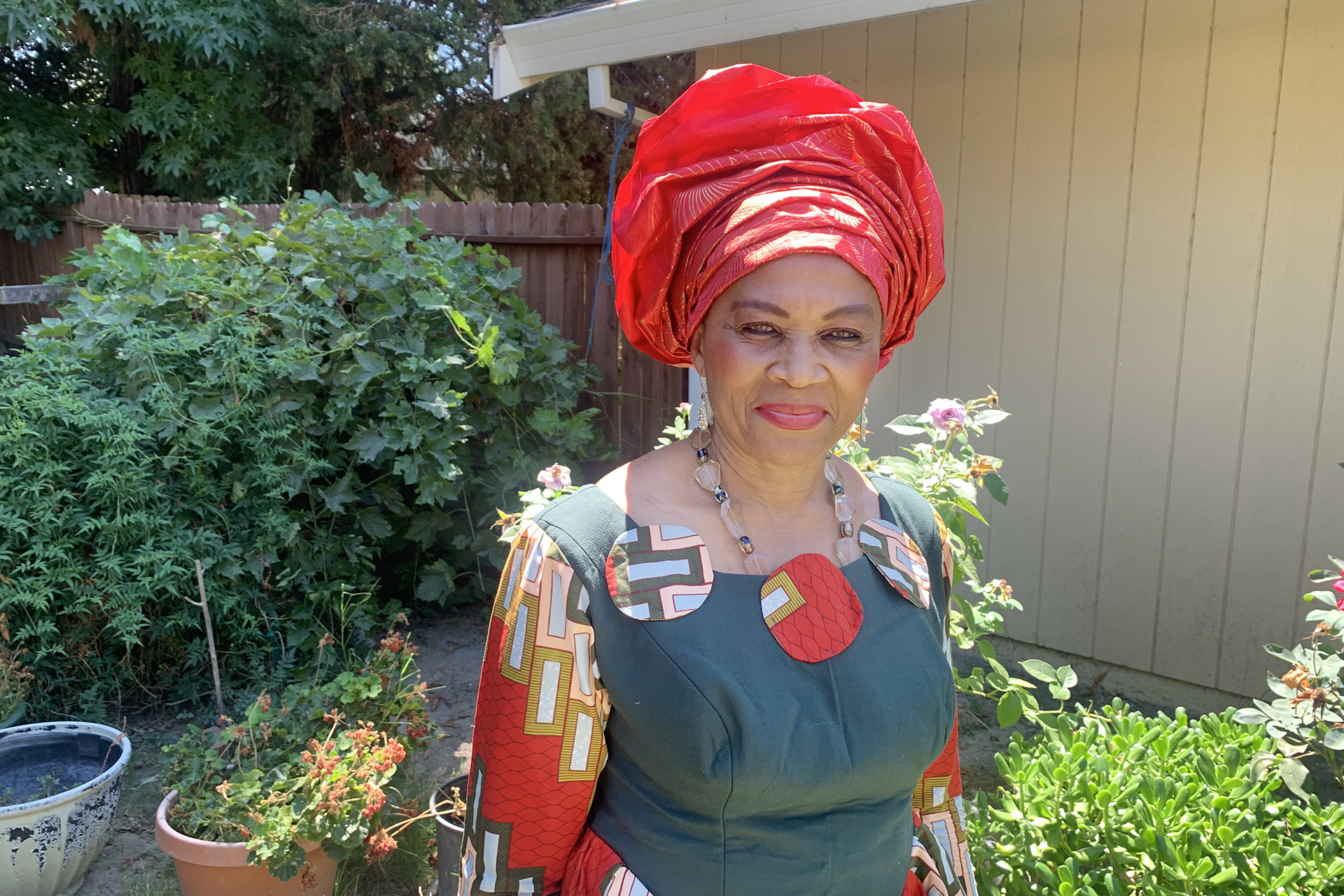
This Post Has 0 Comments